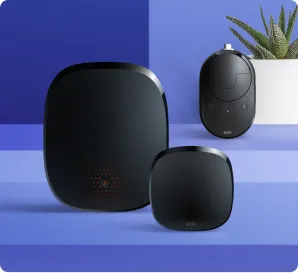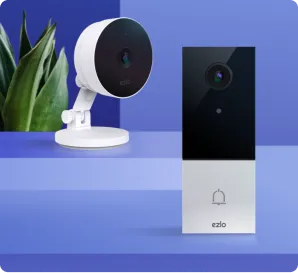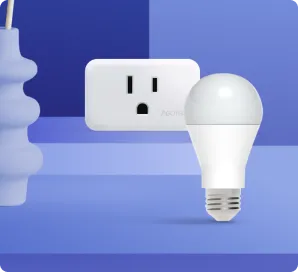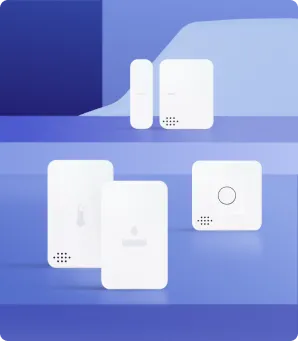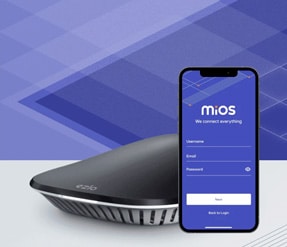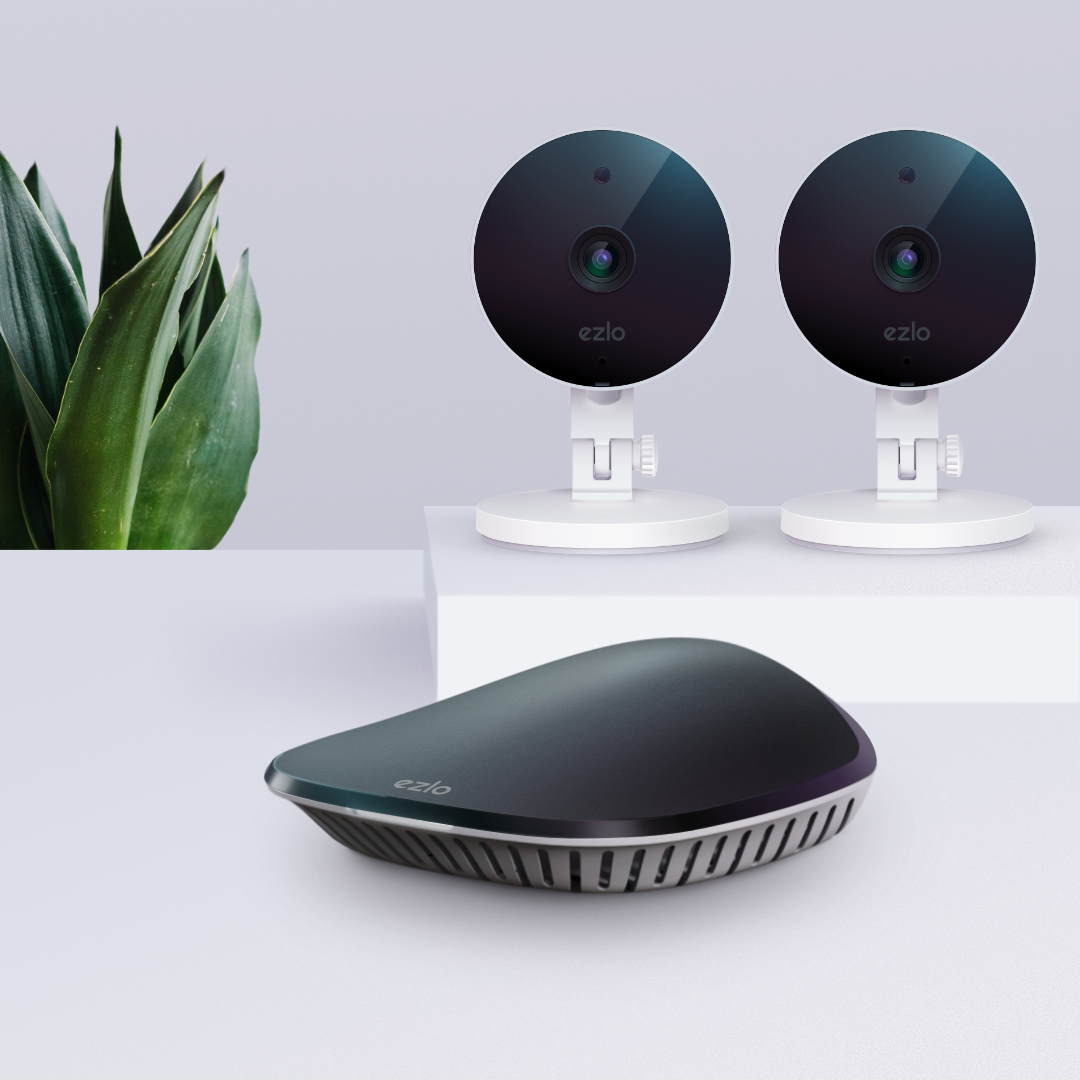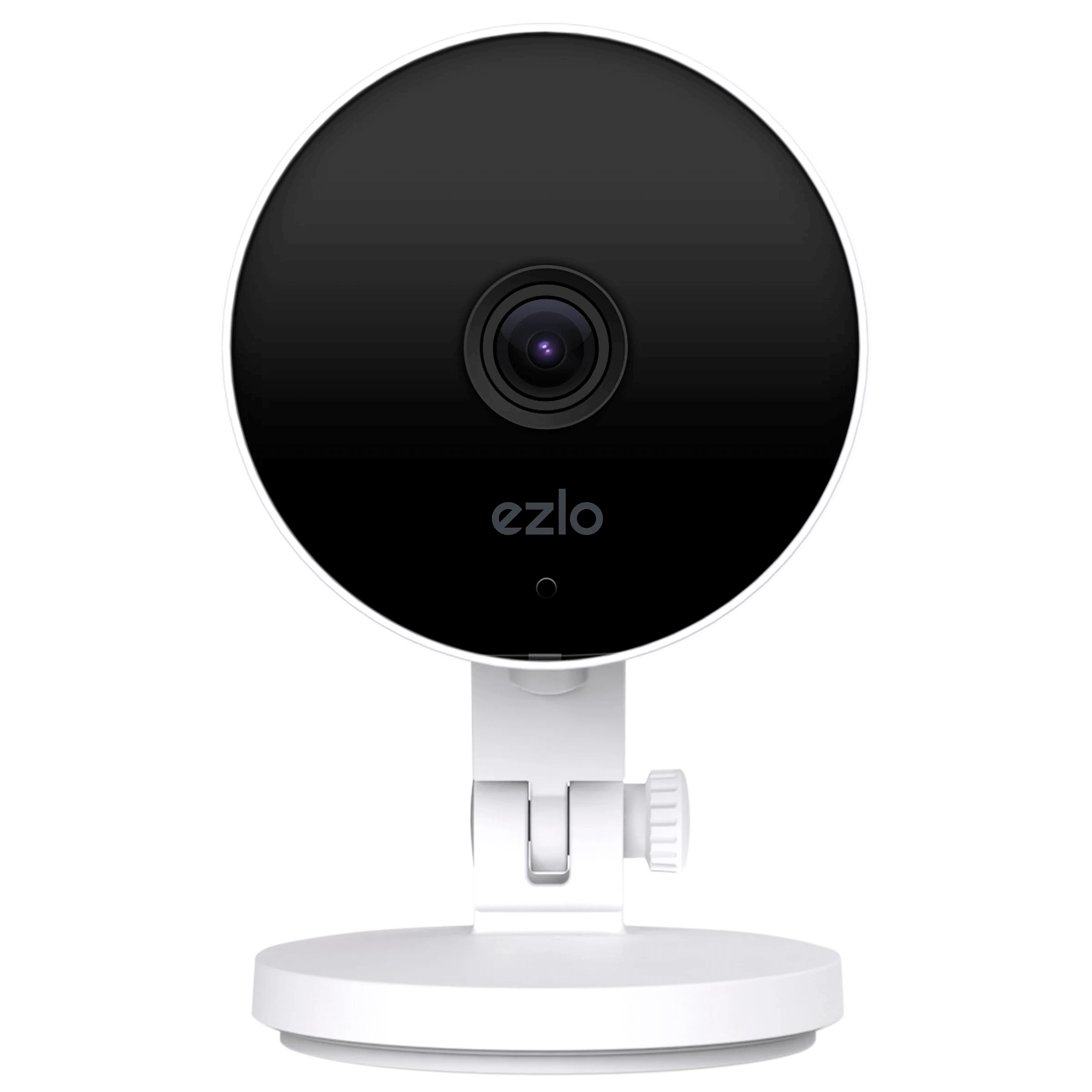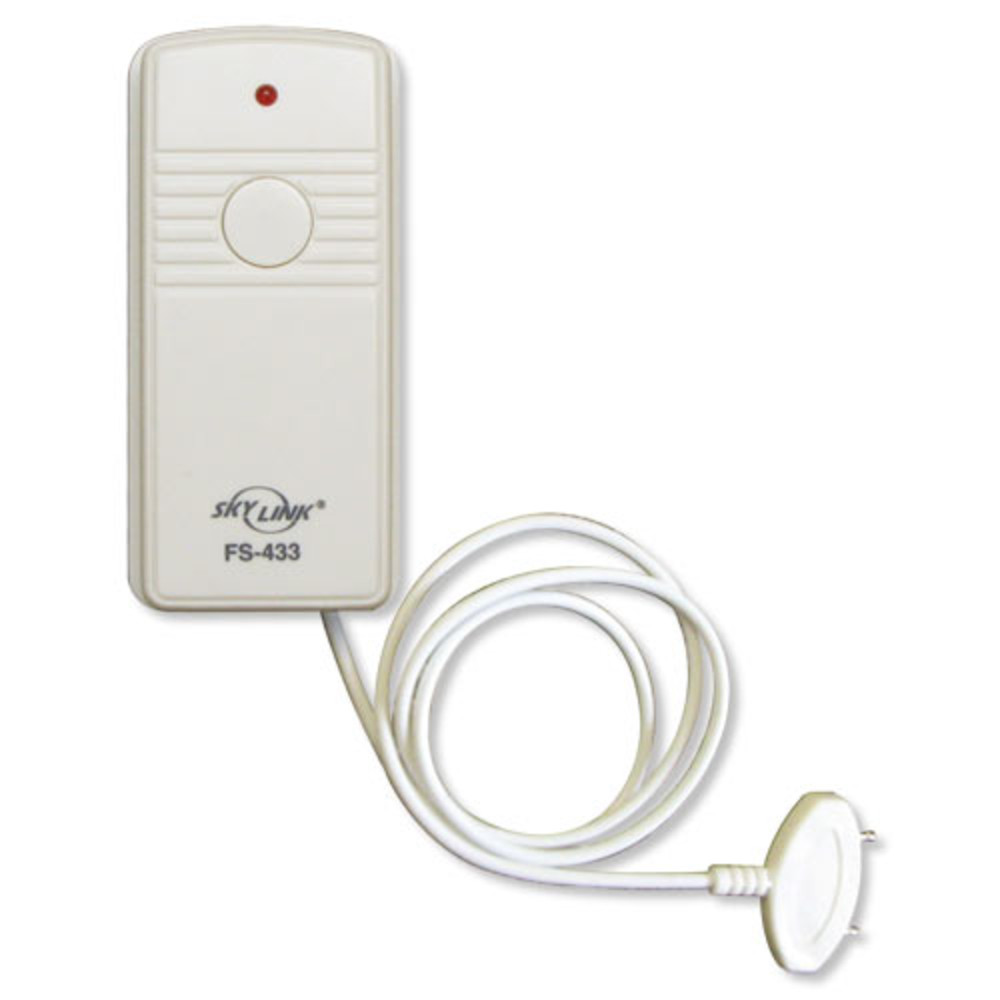The security surveillance market is ever-increasing catalyzed by technological advancements such as cloud storage, access control, motion detection, and video surveillance. The global video surveillance market projections are $62.6 billion in 2023 (Statista), meaning there is high demand for security and surveillance cameras.
As a consumer, you should consider storage a significant factor when purchasing surveillance cameras. You should ask how to tell if a security camera is recording.
Reliability, dependability, and any anticipated hiccups concerning storage are factors to consider when purchasing a CCTV camera with recording.
You also need to know how recorded video footage will be stored for later use, foresee the possibility of theft, hacking of cloud storage, and formulate mechanisms to keep your premises secure.
This article will walk you through wireless and wired CCTV Cameras, NVR, and DVR CCTV systems, zeroing in on these available storage options.
Distinguishing DVR and NVR
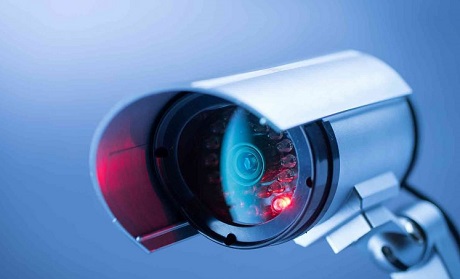
NVR is the modern type of recording that is phasing out Digital Video Recording systems. It stands for Network Video Recording and records images and videos directly from the camera for storage.
NVRs send footage directly to cloud storage as the camera records since this system uses Internet Protocol (IP Cameras) which are mostly wireless.
NVR images and videos are of better quality than those from DVRs.
Regarding dependability, wired NVR and DVR recording systems are more reliable than wireless systems. They do not face signal strength issues due to distance or connectivity hitches. Consequently, their data transfer is faster than wireless systems.
Wired CCTV Cameras Systems
As hinted above, wired systems use hidden wires to connect the cameras, DVR or NVR.
With DVRs, the cables used are expensive and the installation system hectic. NVRs use lesser wires and are a better option should you want to switch to a wireless system later.
When using wired systems, you can switch to rechargeable batteries if there is a power outage meaning that recording does not stop.
The drawback of wired systems is that a thief might steal the DVR or NVR after committing a crime, leaving no investigation evidence.
DVRs use less bandwidth than NVR systems which send data online for cloud storage.
Wireless CCTV Camera Systems
These systems transfer images and videos over the internet and thus eliminate the need for two cables; power cables and transmission cables. However, they are not wholly devoid of wires as they use power over the internet PoE cables.
Wireless systems have cloud storage for Security Cameras. Some cameras also have external storage devices like SD cards. Footage will already be saved in the event of theft, even if thugs vandalize the camera or hard drive.
That’s a big plus aside from the fact that the cloud option gives more room for storage, so you don’t have to worry that your hard drive is full.
More storage capacity also gives more time to archive footage, unlike the DVR NVR wired systems, where footage lasts 30 to 90 days and sometimes a mere 15 days before being overwritten or erased.
Ultimately wire-free cameras have rechargeable batteries.
Internet of Things Advantages
Besides being super easy to install, wireless cameras are compatible with voice assistants such as Alexa and google assistant.
Their features are also impressive. For instance, they can be integrated with the security system of an intelligent building to detect motion, set off the alarm, and spotlight responses, therefore, controlling crime.
The most significant feature is the ability to remotely view occurrences in real-time and even communicate with people on your premises. Some even have the zoom option.
Protecting your Footage from Hackers
As cyberattacks are now a threat, you might consider using a VPN more so if your primary storage is cloud storage. Unlike port forwarding, a VPN encrypts all your information so hackers will not access it.

Using an IP camera’s port forwarding feature is particularly risky. If hackers cannot access the camera, they can still determine the camera model and the DVR software utilized.
Consequently, the hacker gains access to the rest of the network and can steal sensitive data or observe network activity (EMKAL).
That is why corporations, businesses, and even homes should use VPNs when accessing videos remotely.
Final Word
CCTV camera with recording is majorly in two, the cloud and a hard drive. External storage devices like SD cards are an extra storage option.
The DVR NVR system may be hectic to install, but they are affordable compared to the wireless cloud storage systems.
Nonetheless, wireless systems have more features and compatibility with apps. However, they are vulnerable to hackers, and users should use VPNs to protect their videos and networks.

